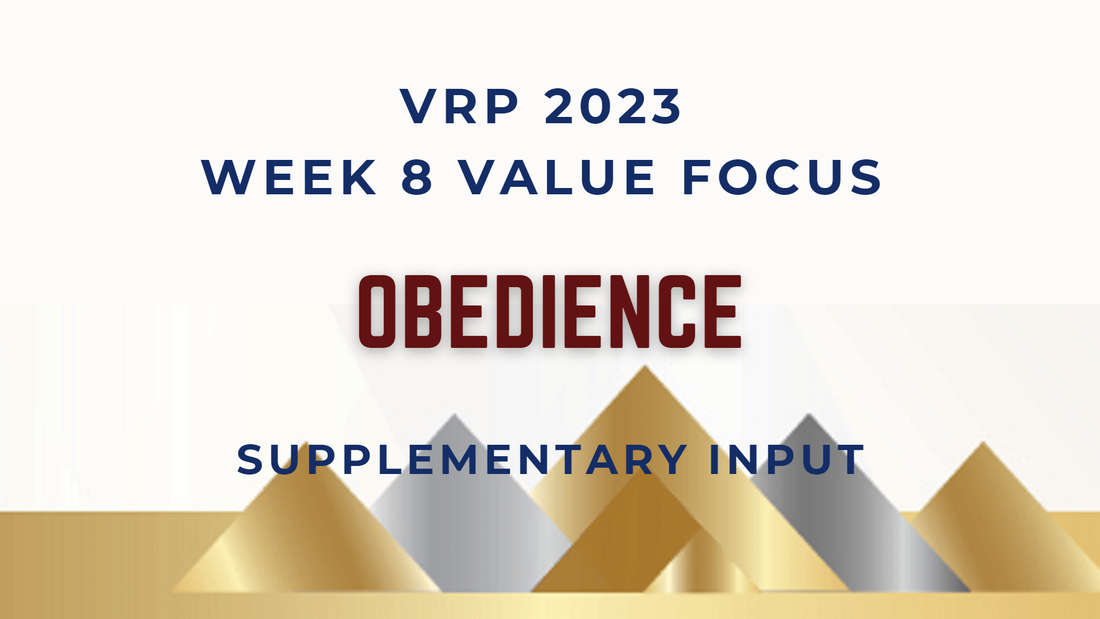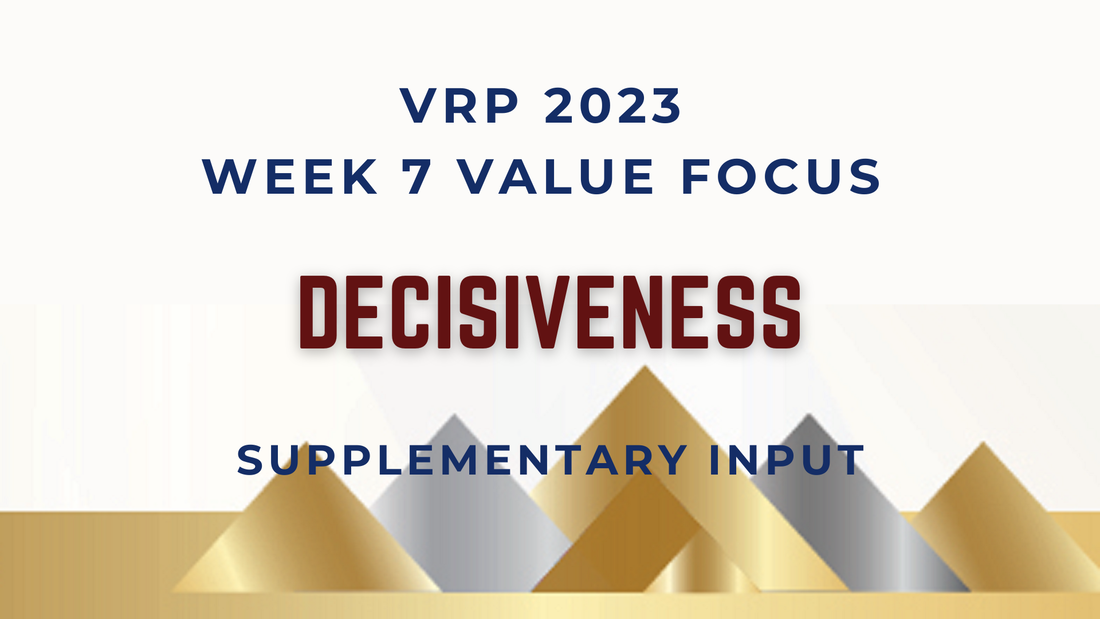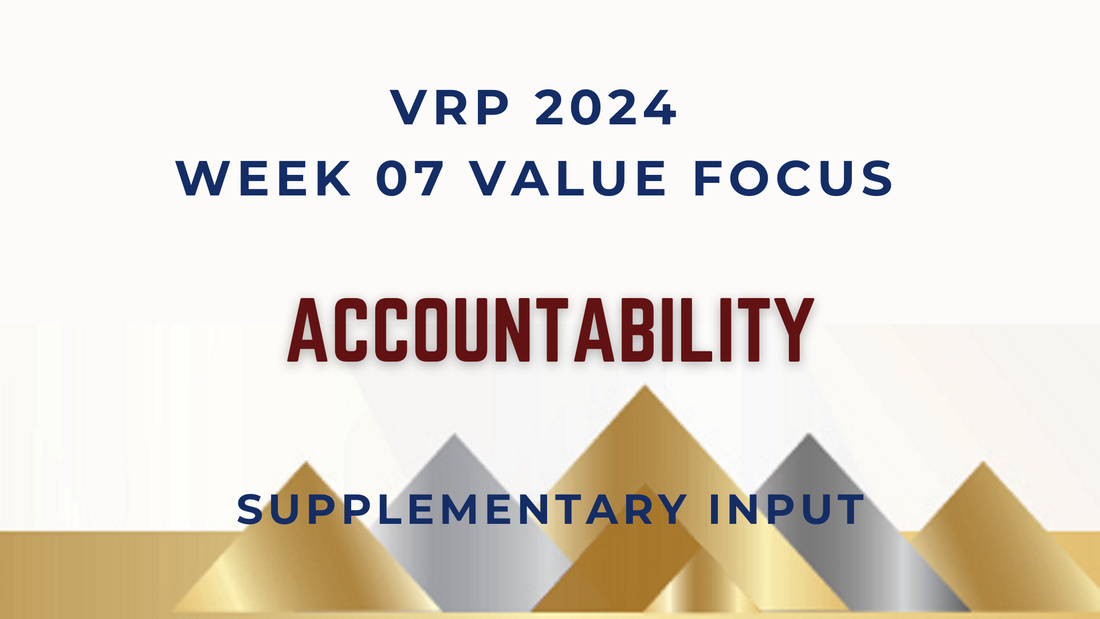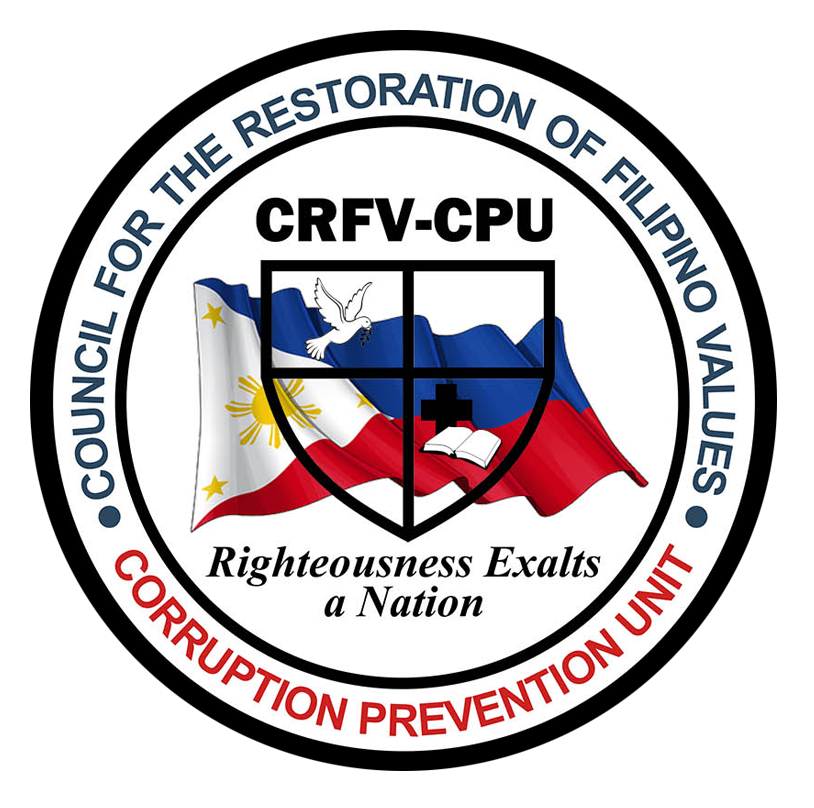|
By: Jesus V. Sison, PTRP Deputy National Director, CRFV All of us are governed by laws be it spiritual, natural and/or social. As in every place or organization that we set our feet upon, there will always be set of regulations and laws either written or unwritten, formal or informal. Once we come under the jurisdiction of such place or organization, we must submit, obey and follow to the existing regulations therein. Rules and regulations were set in place to promote order and to protect everyone. It is so because first and foremost, God is the God of law and order as He is also the God of grace and loving-kindness. He has designed all of His creation to be under authority. The structure God’s authority defines different roles, responsibilities and behavior. When fulfilled properly and obeyed explicitly, it will result to blessing, protection and favor that will drastically change ones’ life, agency and community.
If there are no institutionalized laws or regulations, there will be anarchy that chaos and problems are always present. No person would know what is expected of him/her and would just do his/her personal thing. It takes only a second’s reflection to see that the price of disobedience was high. Obedience is not a positive and popular word nowadays. Others view it as cold and harsh. Some view it as legalism or control. Perhaps it is a result of the inherent drive toward autonomy and individualism. The world has changed from what God has created it to be. God created a world of peace, order and tranquility. Tragically that order has been shattered because of disobedience and the world was filled with sin, sorrow, frustrations and suffering. Corruption and decay came into existence because of disobedience. By freedom of choice, rooted in pride, doubt and unbelief, the first man and woman acted in defiance to God’s direct command and revealed will. With their own hands, and now, with our own, forged the chains that bound us and subjected ourselves to the same state as our first parents experienced. Subjected to corruption, sin and death. We lack the power to free ourselves from them. We just do what we want to do and cannot escape. Obedience is a strong voice of change that speaks louder than words. Through obedience, we shut down confusion and chaos. It will always challenge lawlessness, lies and insubordination. Moreover, it promotes trust, respect and honor. It opens the doors of peace and enjoyment of God’s favor. It ushers change, restoration, reconciliation and transformation. Obedience and the blessings therein are utterly astounding. God made a way for us to be freed from our bondage to sin, corruption and death. He made a way for us to be reconciled back to Him and the world with us. Our dilemma can be overturned if we will forsake our rebellion, return to him and live a life subjected to Him in obedience. In truth, He Himself showed the very example for us through His Son Jesus Christ. He came to earth and lived a life of perfect humility, submission and obedience to the Father’s will. The ultimate expression of His obedience was submitting to the disgraceful, humiliating, and excruciating death on the cross. Though, His crucifixion was also the utmost expression of His love for the Father and for us. Through His act of explicit obedience and sacrifice, He “who knew no sin” became sin for us “so that in him we might become the righteousness of God”. His perfect obedience to God’s law as God’s faithful Son can now be assigned to us, and our disobedience and sinful nature can be laid upon him, reconciling us to God and setting us right with Him. This transformational experience calls us to deny ourselves, believe and follow Him. Following God are steps of obedience as we move steadily away from our former selfish interest nature and back into the will of God. We can make great progress in this world to change it and impact other lives through obedience. This powerful voice of action stirs faith, hope and expectation.
0 Comments
by: Atty. Carolina Lim-Gamban Have you watched the movie Wakanda forever? If you have watched it, there was a fighting scene between Princess Shuri and Namore. At the end of the fight, the former could have killed the latter but Princess Shuri did not. It may be a swift decision to thrust the spear into the throat of Namore but, she chose what is the right thing to do – to go for peace rather than end in the war that may annihilate the people of the two nations. Princess Shuri’s decision at that time was founded on what she is really internally, her true identity – one who is not driven with vengeance nor with personal ambition, but one who values what is right thing to do. She took the decision which would bring peace to the two nations - hers and Namore’s.
In our every day life we can be confronted by a dilemma where we have to choose from more than two options. It is difficult to be caught in between the choices because of the consequences it may bring. Worse, every delay in decision-making may bring about another consequence - like a time bomb ticking and every second counts. Theodore Roosevelt, an American statesman said, “In any moment of decision, the best you can do is the right thing. The worst thing you can do is nothing.” This is true because decisiveness, according to Collins Dictionary, is the ability to make quick decisions in a difficult or complicated situation. However, at times, it is really difficult to make sound decisions but we can learn from what Roy E. Disney said - “It is not hard to make decisions once you know what your values are.” It is more difficult to decide when we are compromising. Our moral compass should not waver, going to the left or right, or else our decision making will also waver. We have to ensure that our moral compass is pointing to the True North. For this to happen, we have to train ourselves in righteousness so that as our muscles are built up in righteousness, the decisions we make will also lean towards righteousness, that is, right before God, right before the people, right before our enemies, and right before ourselves. Do not decide just because it is popular – many are doing it, and so you also do it. Remember, what’s popular isn’t always right and what’s right isn’t always popular, learning from the words of Albert Einstein. When you are in a crossroad make sure that you are in proper disposition – do not decide when you are angry sad, happy, intoxicated, or the like. Sound decisions happen when you have a sound mind, a sound heart, and a sound body. If anyone is lacking of this soundness, let us ask God for wisdom and discernment. When we decide on what will bring love, joy, peace, patience, kindness, goodness, faithfulness, gentleness, and self-control, it will not bring any opposite reaction because it is written – against these things, there is no law . While we are confronted by many dilemma in our lives, in our workplace, or even at home, make sure that we are founded on truth and the precepts of God so that we will not be derailed or defocused. When we are in the Valley of decisions, whatever is true, whatever is noble, whatever is right, whatever is pure, whatever is lovely, whatever is admirable—if anything is excellent or praiseworthy—think about such things. by: Nathaniel A. Saquiban Accountability is one of the most important values that we should observe as Filipinos. Our Constitution uphold and enforces it to the optimum standard at all times especially among civil servants in relation to the execution of their public functions. Section 1 of Article XI of the Constitution states that “Public office is a public trust. Public officers and employees must, at all times, be accountable to the people, serve them with utmost responsibility, integrity, loyalty, and efficiency; act with patriotism and justice, and lead modest lives.”
The provision of the law is directed to public officials and employees because of the duty to give account to those who voted for them in the political office and to those who are paying their taxes with the expectation that excellent public service will be delivered to them. It is due to accountability that the standard of public service is high. It means that there is no room for poor performance and lackadaisical attitude in all aspects of administration. It also means that the value of accountability applies even outside office hours as it emphasizes that it should be practiced “at all times”. Simply put, a public official or employee cannot misbehave as they should be honorable representatives of the government. The importance of accountability is doubtless and needless to exaggerate. The Council for the Restoration of Filipino Values took note of its crucial role for the effective and efficient delivery of services to the public. This resulted to the crafting of its program called “Public Accountability and Values Enhancement Seminar” in order to reinforce the requirements of the law on accountability. We must realize that it is one of the values that is mandated to be applied in the discharge of public duties. Demanding the officials of the government to be accountable at all times means that accountability as a value should be observed at all times. It is an indispensable requirement for public service. It is a norm of conduct for public officials and employees. Section 4 of Republic Act 6713 states, “Public officials and employees shall commit themselves to the democratic way of life and values, maintain the principle of public accountability, and manifest by deeds the supremacy of civilian authority over the military”. In the same manner, while the Constitution focuses to govern the conduct of public officials and employees by imposing the value of accountability, it can also be said that accountability is applicable and expected of equal weight to us as private individuals. As citizens of the Philippines, we have the duty to take care of our country and keep its beauty. We should not be participant and contributory in the degeneration of our natural resources. The proper disposal of our garbage in itself is an act of accountability. Responsible mining and reforestation are also reflections of accountability. There are a lot of ways by which we can observe the value of accountability. We should therefore participate with the government in its effort to uphold the country from destruction. We should be law-abiding citizens rather than living selfishly at the expense of our country. As citizens of the Philippines, we are all receiving benefits from the wealth of our nation. We are all stakeholders and become affected of its progress or decline. Whatever happen to our country, we are all accountable. We should therefore continue to take into consideration the value of accountability in all our endeavors. |
CRFV Winning TeamA company of men and women who have committed their lives to the cause of national transformation. Archives
July 2024
Categories
All
|
Our Services |
Our Organization |
SupportSupport Page
FAQ Terms of Use |
Copyright © 2015 | Baguio City, Philippines 2000 | 074-424-1497 | [email protected]




 RSS Feed
RSS Feed
